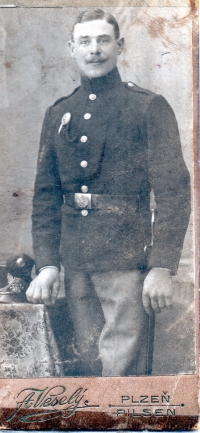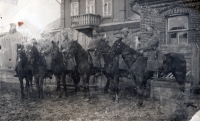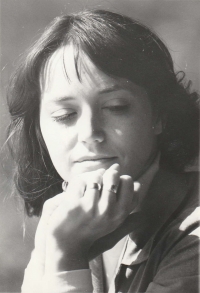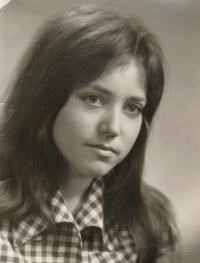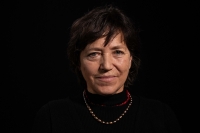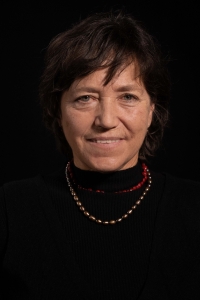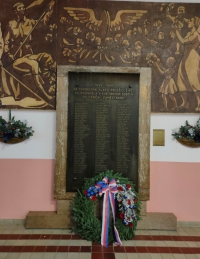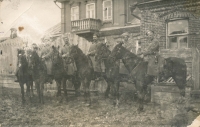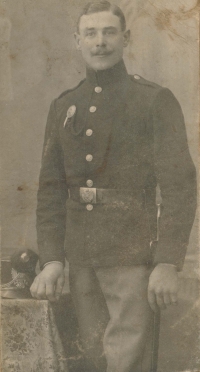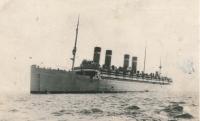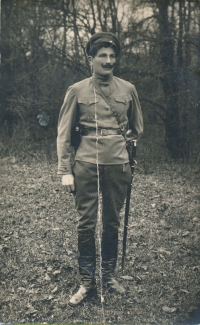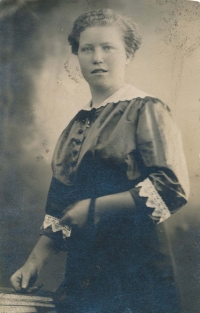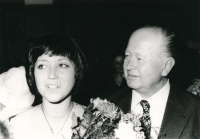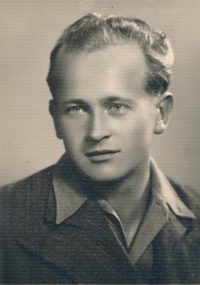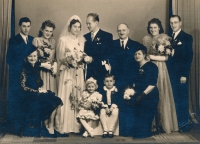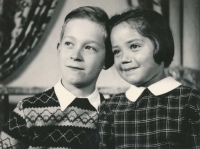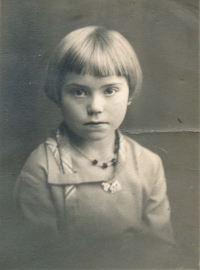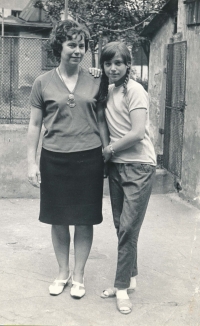Democracy is not a matter of course. We have to fight for it even nowadays

Stáhnout obrázek
Hana Čechová, née Hornová was born on 13 April 1945 in Pilsen, she grew up in its suburbs, in an almost rural environment. She graduated from a grammar school in Pilsen and read Cultural Theory and Aesthetics at the Faculty of Arts of Charles University. She graduated in 1978. After maternity leave, she started to work in Czechoslovak Television in the editorial department of foreign programmes, where her task was to process films of foreign production. There she encountered censorship for the first time and started to have disagreements with her superiors. She had to leave the position after a year, she then worked in Czechoslovak Television until 1988 in the dramaturgy of the show Studio Kamarád (Studio Friend) and Televizní klub mladých (Youth Television Club). As an adult, she started to search for the destiny of her grandfather Jaroslav Komorous who was twice sentenced to death during WWI before he joined the Legion. However, he did not escape the death sentence during WWII and he was executed by the Nazis in Dresden, probably because of resistance activities. The family never got to know the reason for his execution. Hana Čechová transcribed his hand-written diary about his experience during WWI and provided Post Bellum with it.
